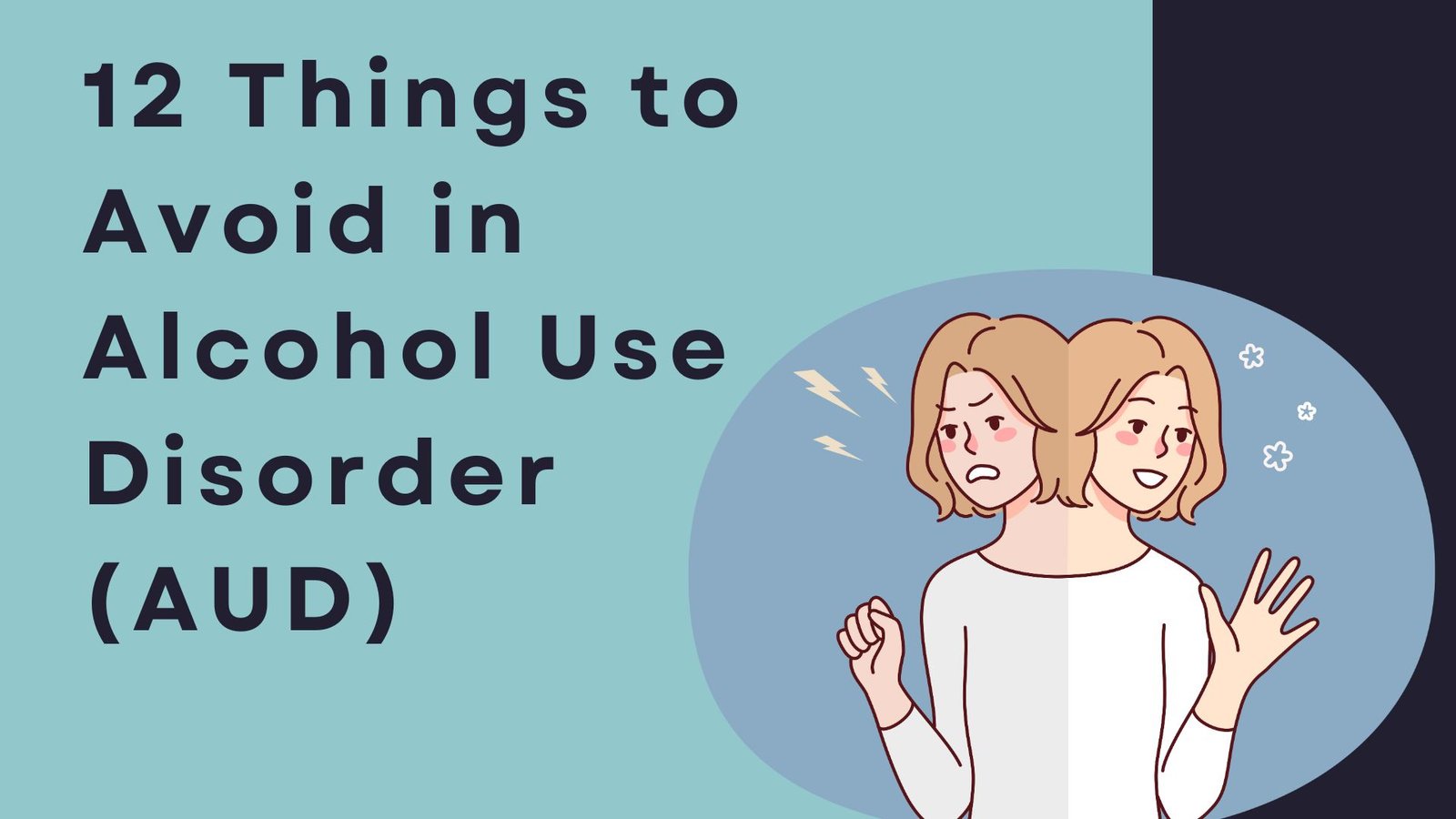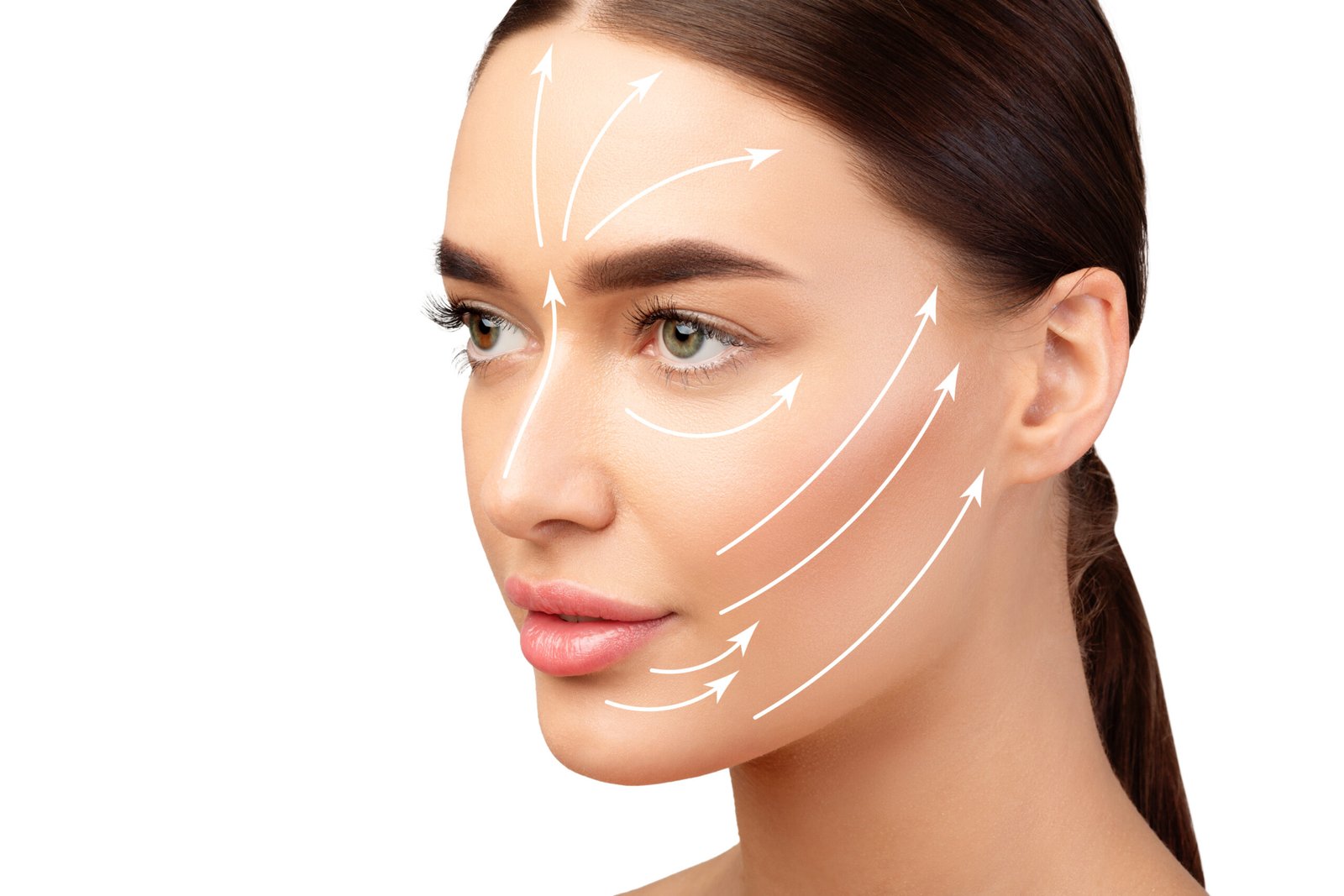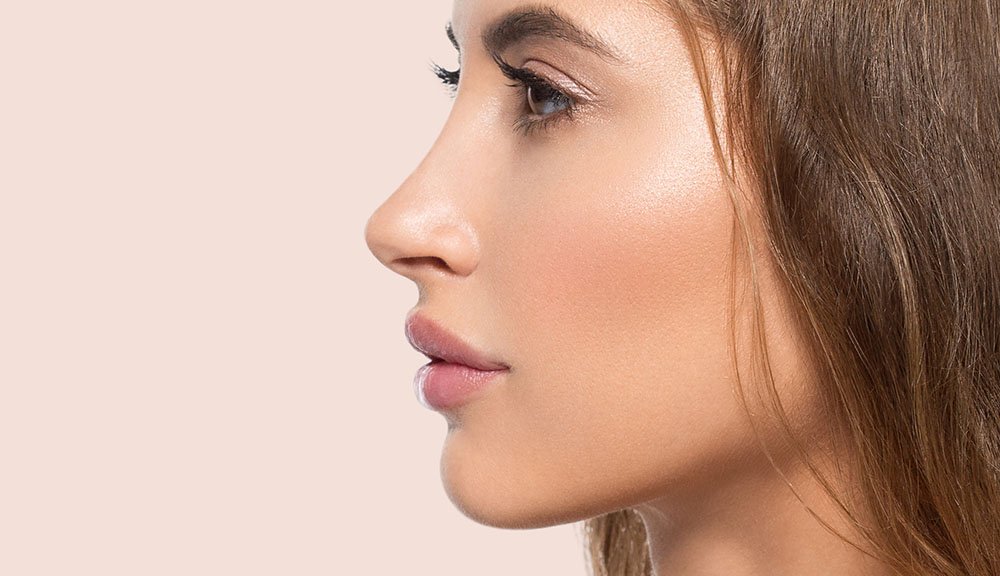Alcohol Use Disorder (AUD) can impact every area of a person’s life. Recognizing the patterns and habits that worsen this condition is essential for anyone looking to reduce their alcohol intake and improve their well-being. Avoiding certain actions, situations, or behaviors can make a significant difference in managing AUD and promoting healthier choices.
Below are twelve things to avoid if you’re dealing with AUD to help you stay on track and focus on recovery.
1. Avoid High-Risk Situations
When managing AUD, it’s important to stay away from places or events where alcohol is readily available. Attending gatherings where drinking is a primary focus can make it difficult to resist temptation and maintain control.
Tips for Managing Social Situations
- Have a plan in place, like bringing a supportive friend or creating an exit strategy.
- Practice saying “no” confidently if offered alcohol.
Read Also>>> How to Choose the Right Weight Loss Medication for You
2. Don’t Ignore Triggers
Triggers are factors that encourage drinking, and ignoring them can lead to setbacks. Understanding what causes cravings, whether it’s stress, specific social settings, or certain people, can help in managing AUD effectively.
Common Triggers
- Emotional stress or negative feelings
- Celebratory events or gatherings
3. Steer Clear of Peer Pressure
Surrounding yourself with people who respect your boundaries is essential. Peer pressure from friends or acquaintances can make it difficult to avoid drinking, especially in social situations. Politely declining offers and establishing your boundaries can help.
Practicing Boundary-Setting
- Use phrases like “I’m focusing on my health” to communicate your choice.
- Spend time with supportive friends who understand your commitment.
4. Avoid “Just One Drink” Mentality
When dealing with AUD, even a single drink can disrupt progress. Telling yourself that “just one drink” is okay may lead to slipping back into drinking patterns. Staying committed to complete abstinence or controlled drinking goals is essential.
Building Accountability
- Set clear goals and boundaries about drinking.
- Remind yourself of the reasons behind your commitment.
5. Say No to Isolation
Isolation can be a common coping mechanism, but it often leads to more drinking and self-destructive habits. Instead, reach out to trusted friends, family, or support groups who can offer understanding and encouragement.
Engaging with Support
- Join local or online support groups for people dealing with AUD.
- Share your experiences and struggles to create accountability.
6. Avoid Relapse Triggers, Such as Old Drinking Spots
Certain places associated with drinking can trigger memories and cravings. If a specific bar, restaurant, or neighborhood makes you want to drink, avoiding these areas can help reinforce healthy boundaries.
Creating New Habits
- Find new hobbies or activities that provide enjoyment without alcohol.
- Consider spending time in alcohol-free environments to form new associations.
7. Steer Clear of Negative Influences
Being around people who drink excessively or do not respect your decision to cut down or quit can make it harder to stick to your goals. Associating with supportive individuals who respect your choices is vital.
Building a Positive Support Network
- Avoid spending time with individuals who encourage or pressure drinking.
- Surround yourself with friends who support your journey toward recovery.
8. Avoid Skipping Meals
Skipping meals can lower blood sugar, increasing the urge to consume alcohol. Regular, balanced meals provide energy and help stabilize mood, making it easier to avoid cravings.
Planning Your Diet
- Aim for balanced meals with proteins, fats, and complex carbohydrates.
- Prepare snacks to have on hand in case of cravings.
9. Don’t Ignore Professional Help
Overcoming AUD is challenging, and professional guidance can offer valuable strategies. Therapists and addiction specialists can provide structured support and resources, such as addiction killer liquid and other aids, to help manage cravings.
Benefits of Professional Support
- Access to therapeutic techniques and counseling.
- Learning skills to manage stress and triggers in a healthy way.
10. Say No to Self-Blame and Negative Thoughts
Negative thinking can create a cycle of guilt and lead back to drinking. Practicing self-compassion and focusing on progress can build resilience, even when setbacks happen.
Building Positive Self-Talk
- Remind yourself that recovery is a journey and takes time.
- Replace negative thoughts with positive affirmations to encourage yourself.
11. Don’t Substitute Alcohol with Other Addictions
Replacing alcohol with other substances or habits like smoking, unhealthy food, or caffeine isn’t a solution and can lead to further dependency issues. Instead, explore positive alternatives for coping, like physical exercise or creative hobbies.
Healthier Coping Mechanisms
- Exercise, meditate, or engage in a hobby to channel energy in a productive way.
- Find enjoyable activities that offer mental and physical benefits.
12. Avoid Unrealistic Expectations
Setting unrealistic goals, such as expecting instant results, can lead to disappointment and frustration. Remember that overcoming AUD is a gradual process that requires patience and commitment. Celebrate small milestones and stay focused on long-term goals.
Setting Realistic Goals
- Break down goals into manageable steps and track progress.
- Celebrate every achievement, no matter how small, as a step forward.
Conclusion
Managing AUD requires dedication, self-awareness, and the right strategies. By avoiding these common pitfalls, you can reduce alcohol intake and develop healthier habits. Although recovery is challenging, taking small steps and making informed choices can lead to a healthier, more fulfilling life. Whether by seeking professional support, engaging with positive influences, or using helpful tools like ayurvedic medicine for alcohol addiction as part of a holistic approach, each effort contributes to long-term success.
















Leave a Reply